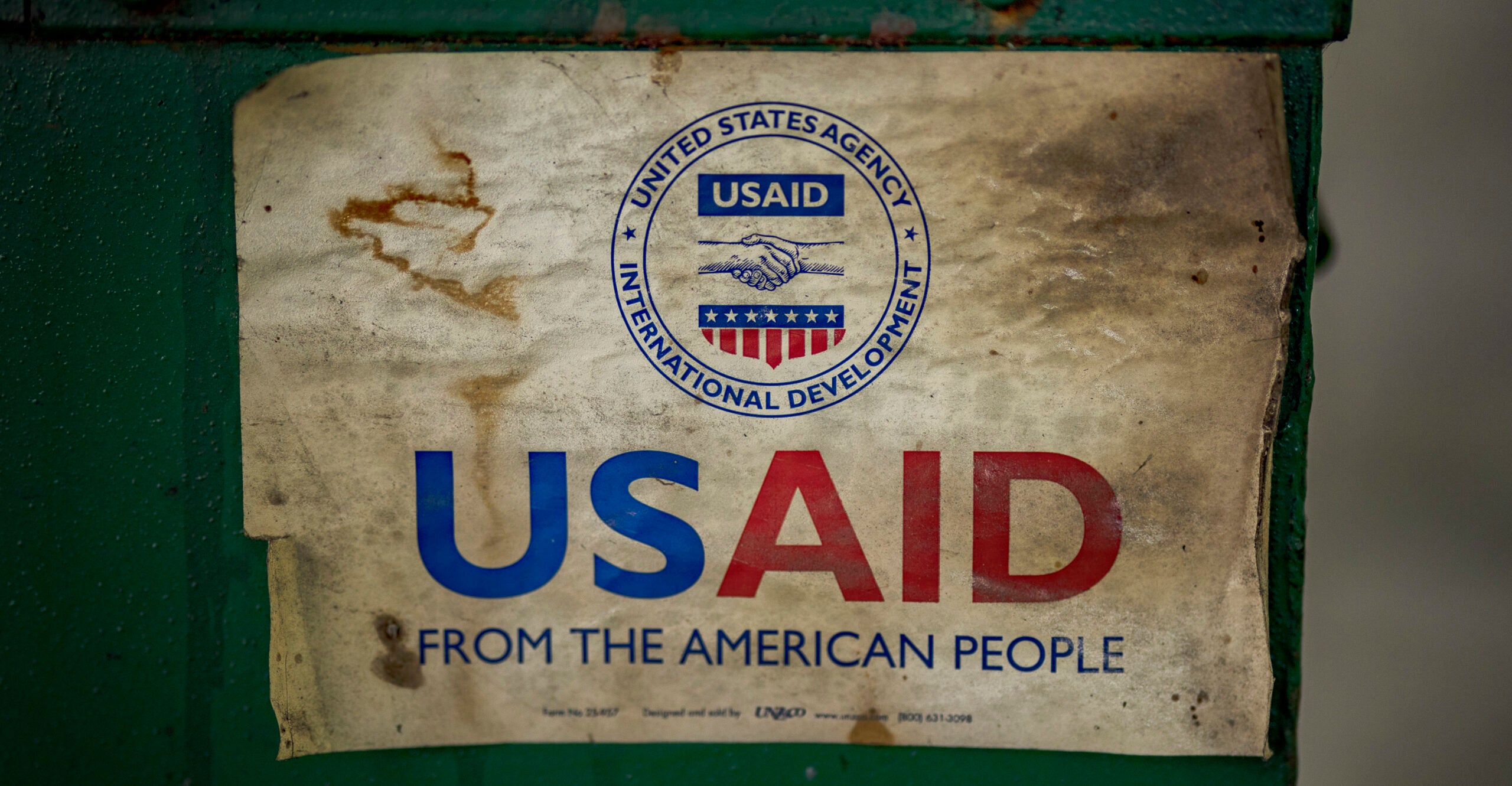
USAID Coordinated With Censorship Agency, Documents Show
- 21.03.2025 22:27
- dailysignal.com
- Keywords: Censorship, Cooperation, Investigation, Lawsuit
USAID coordinated with the State Department’s Global Engagement Center to block COVID-19 misinformation, partnering with private organizations like NewsGuard and Poynter. Documents reveal controversial tactics and concerns over censorship.